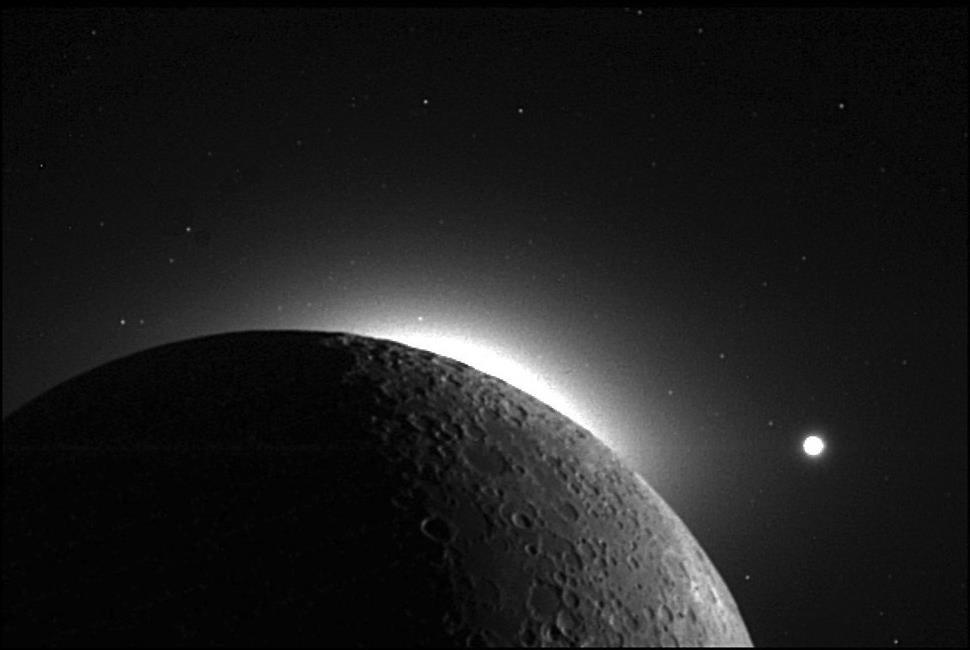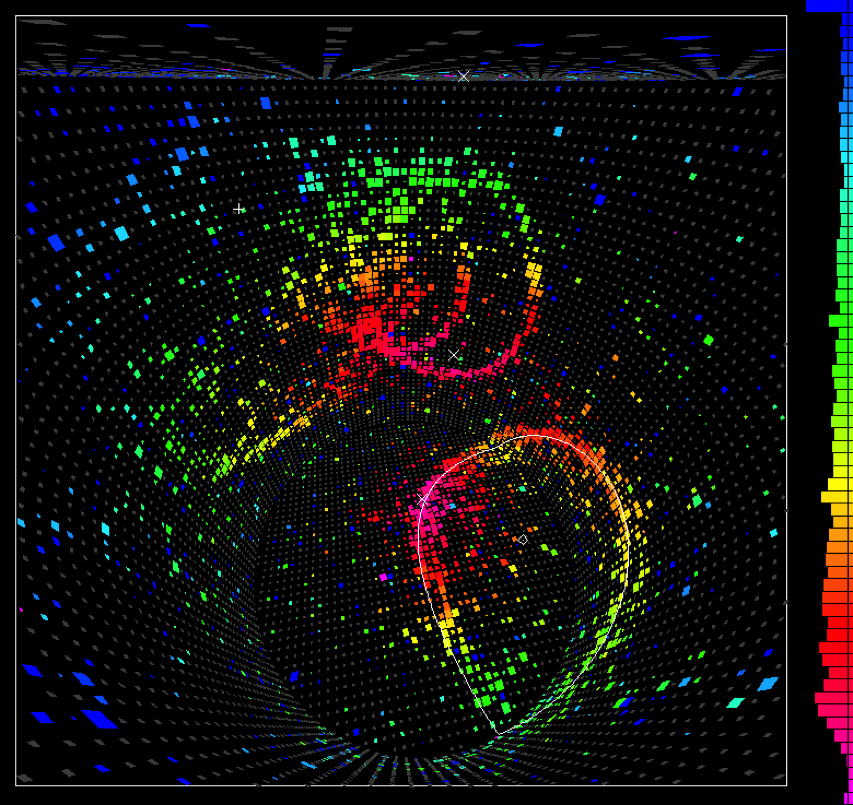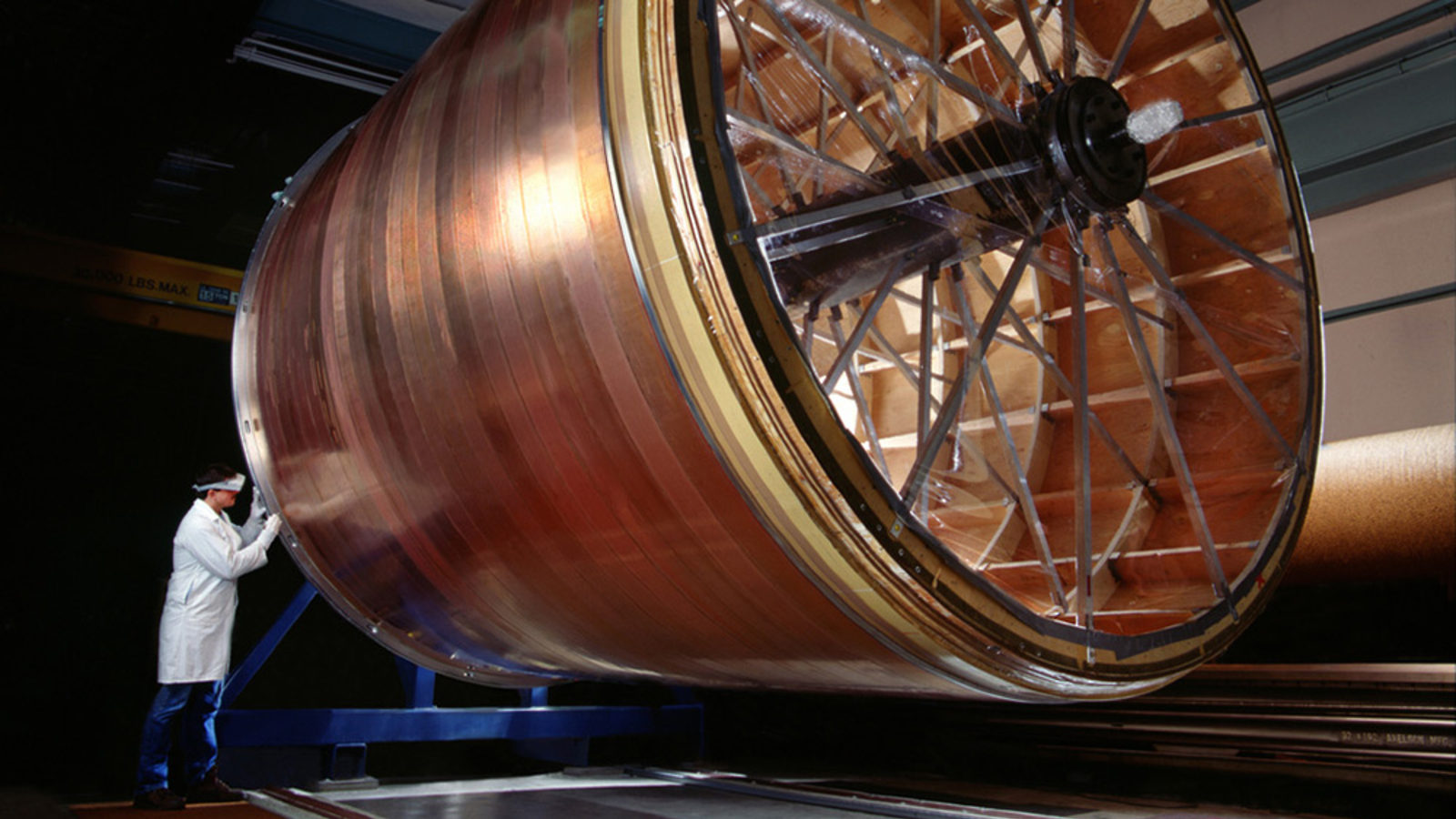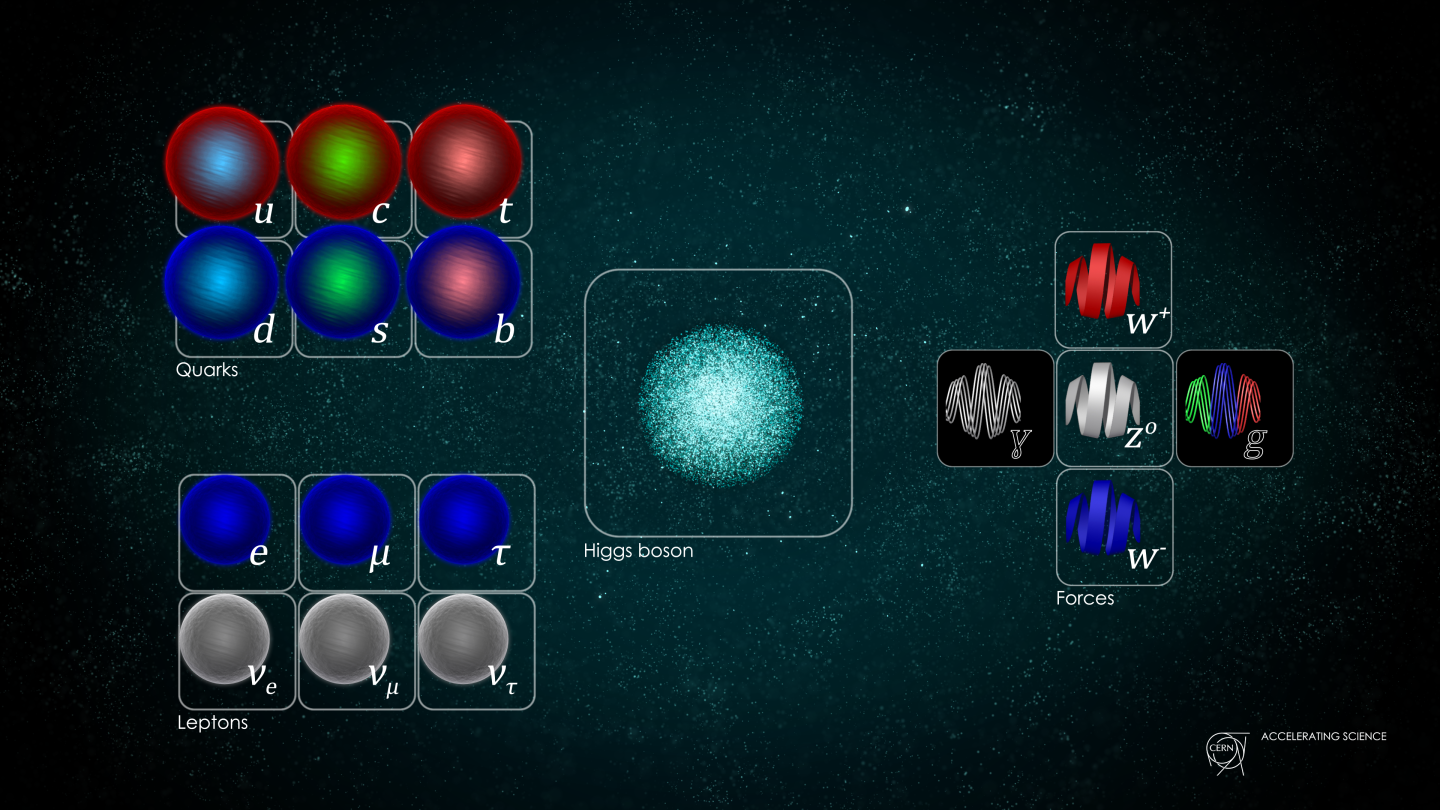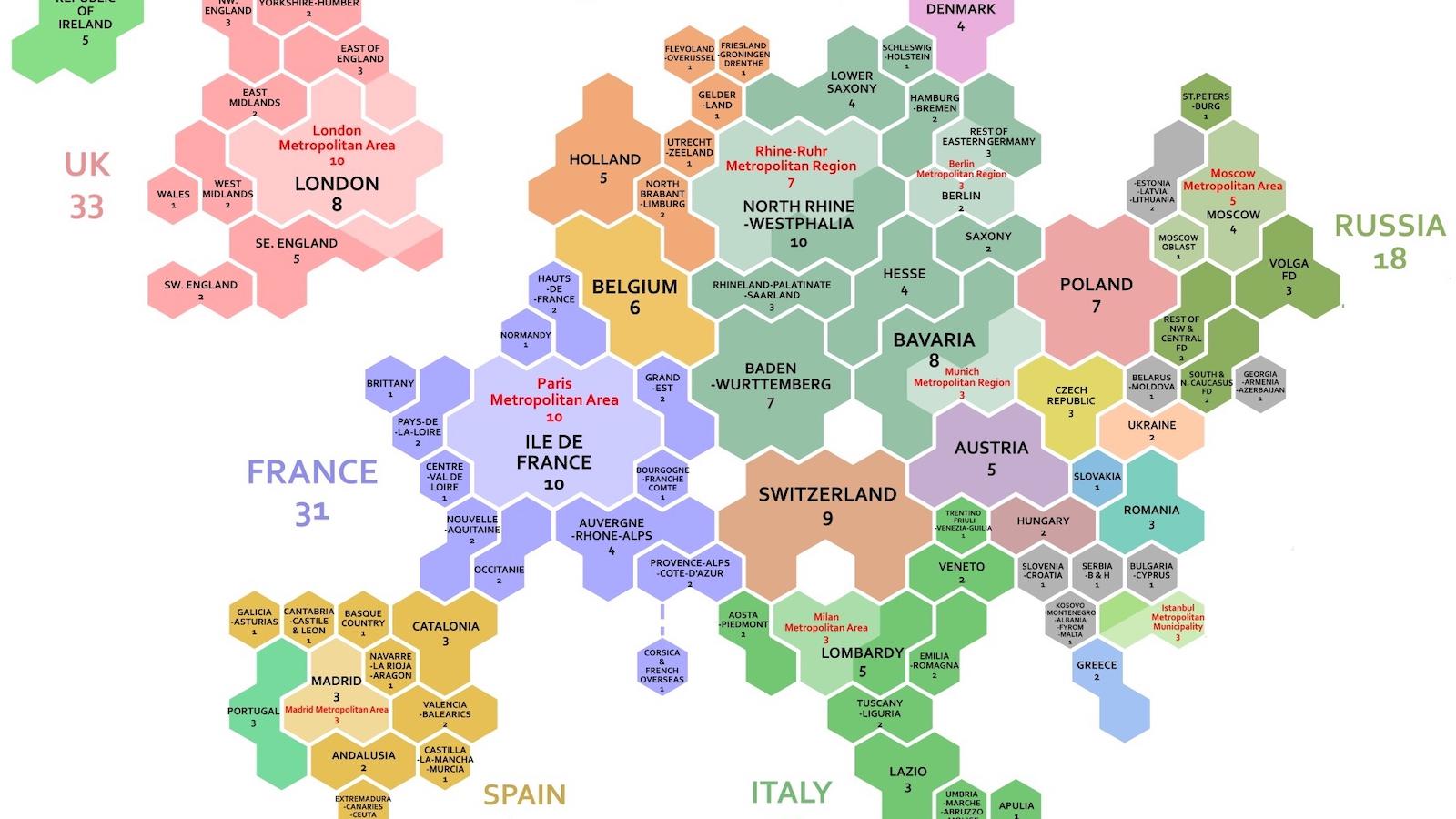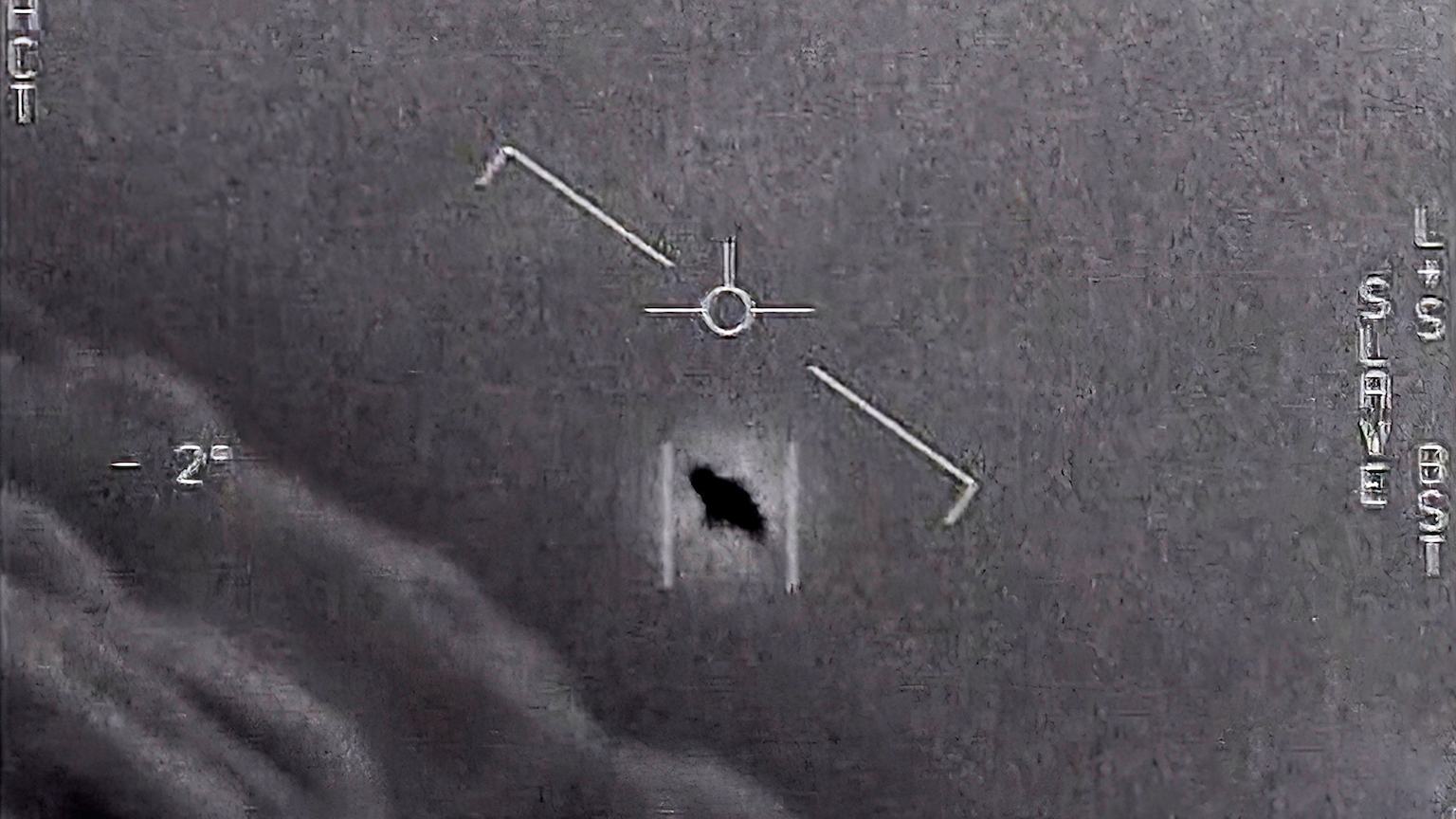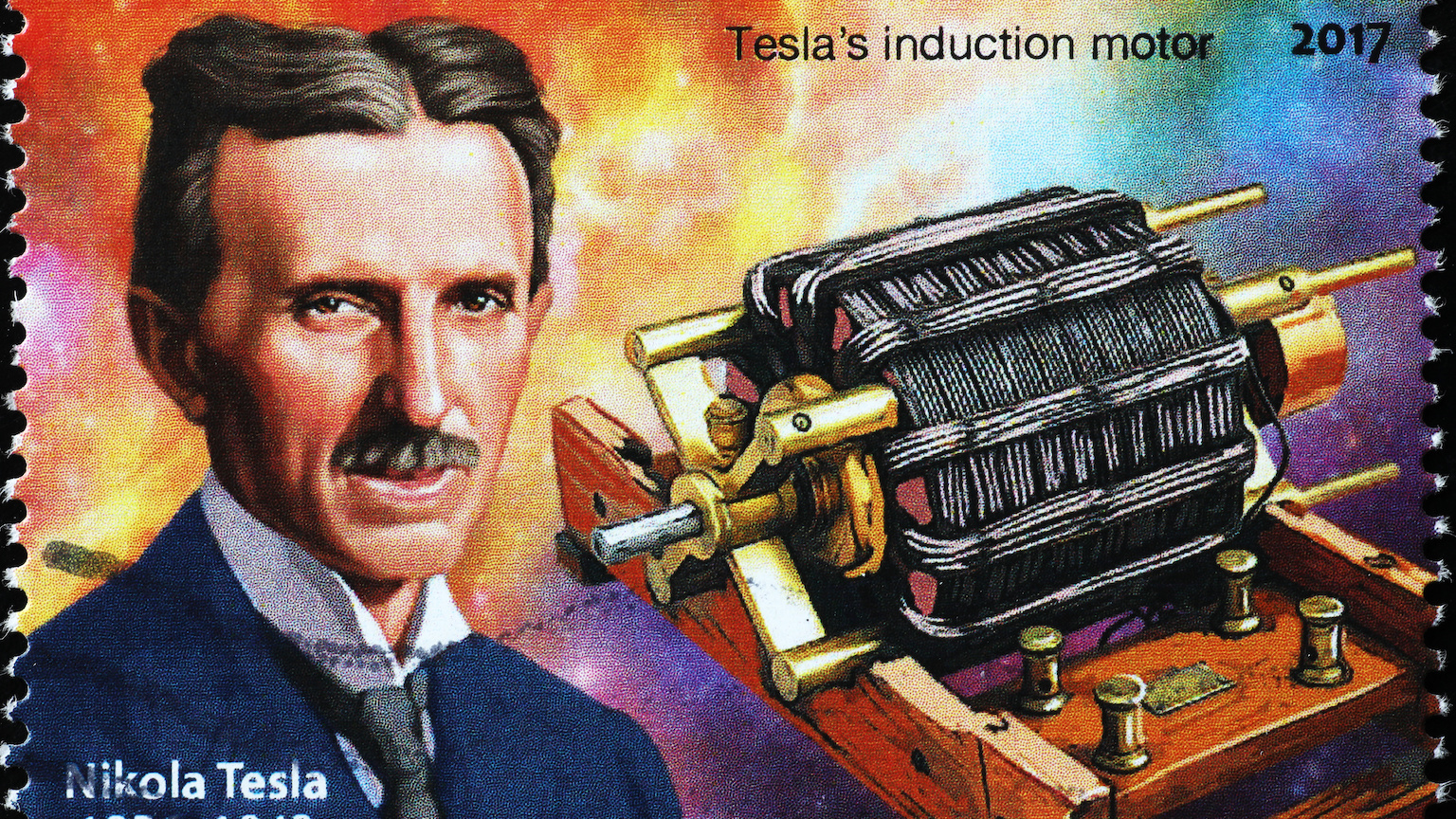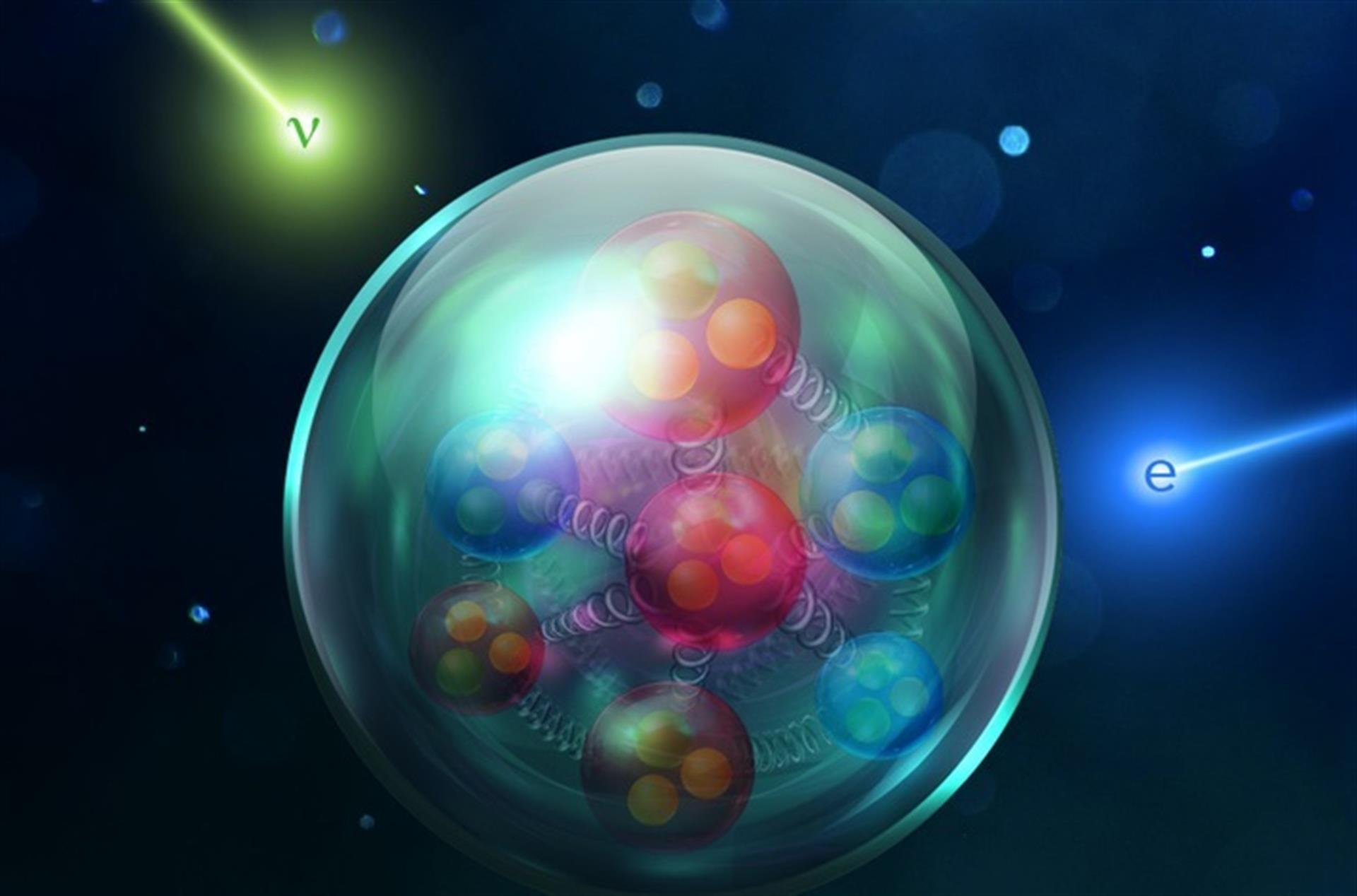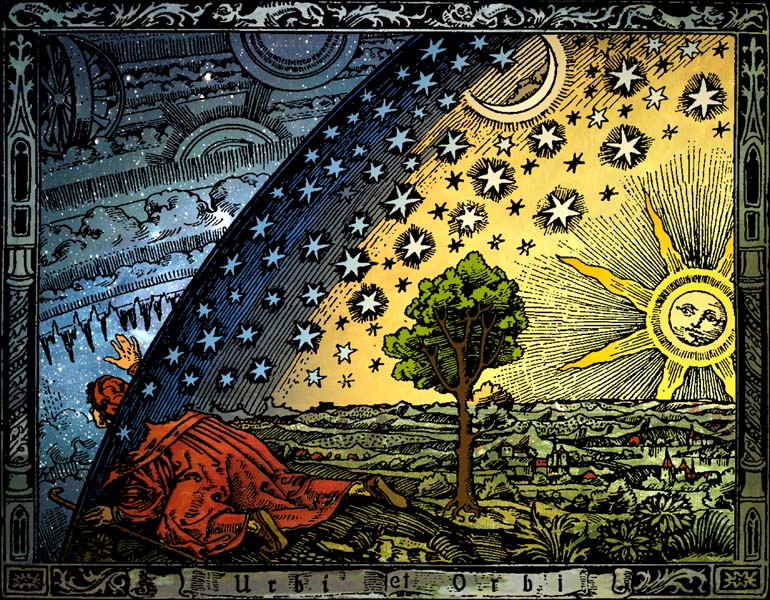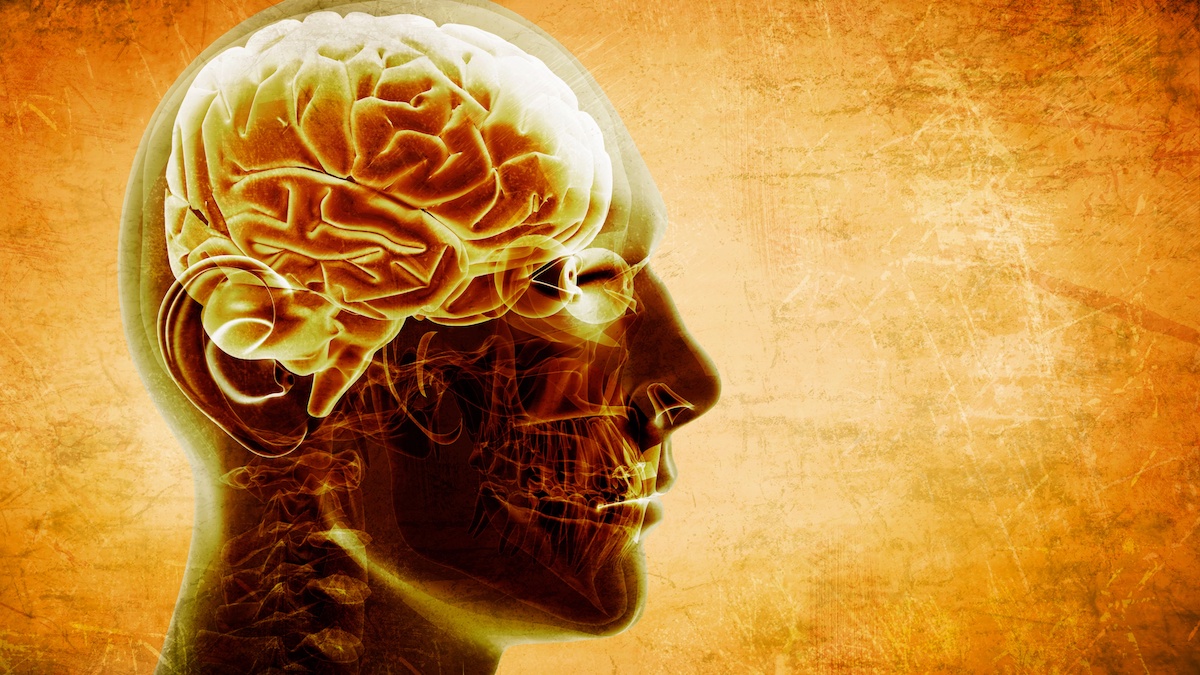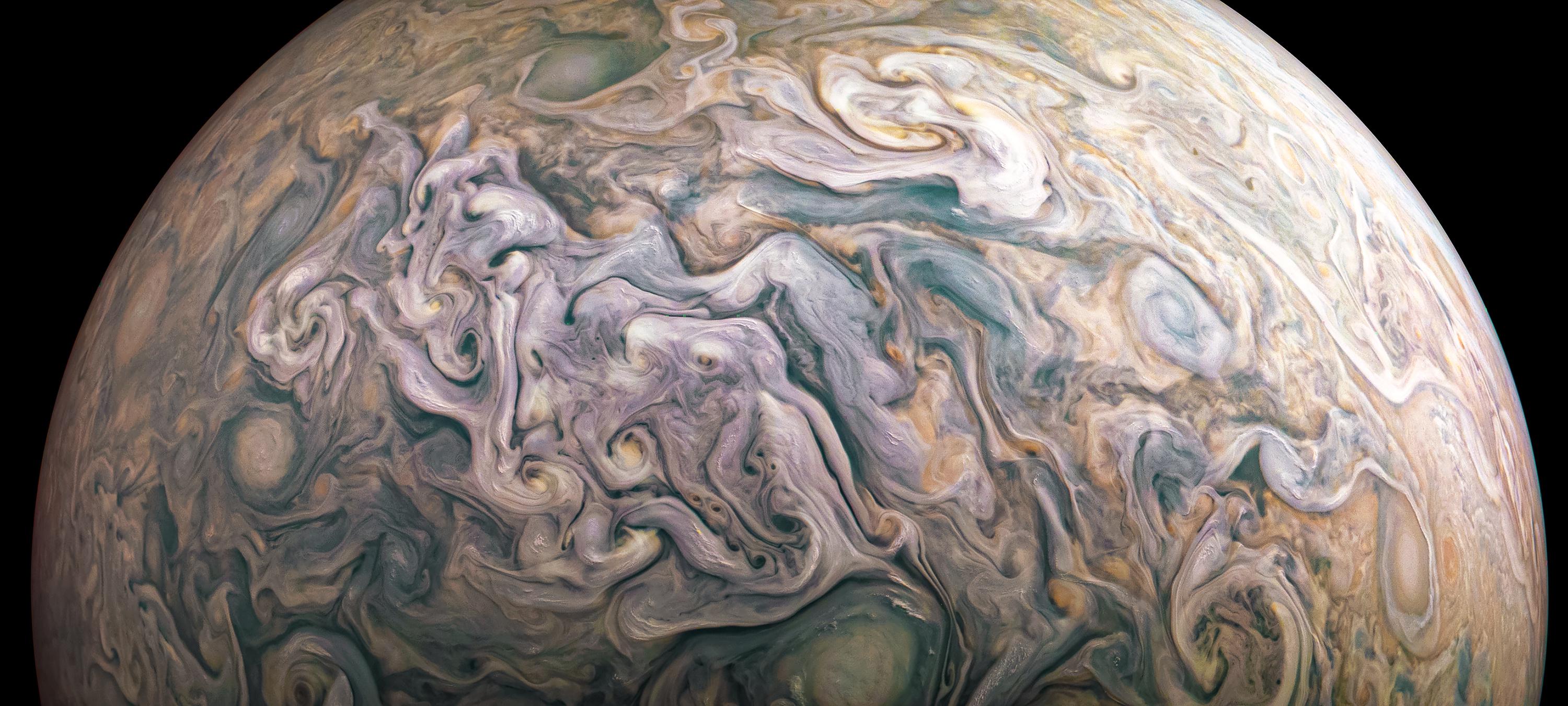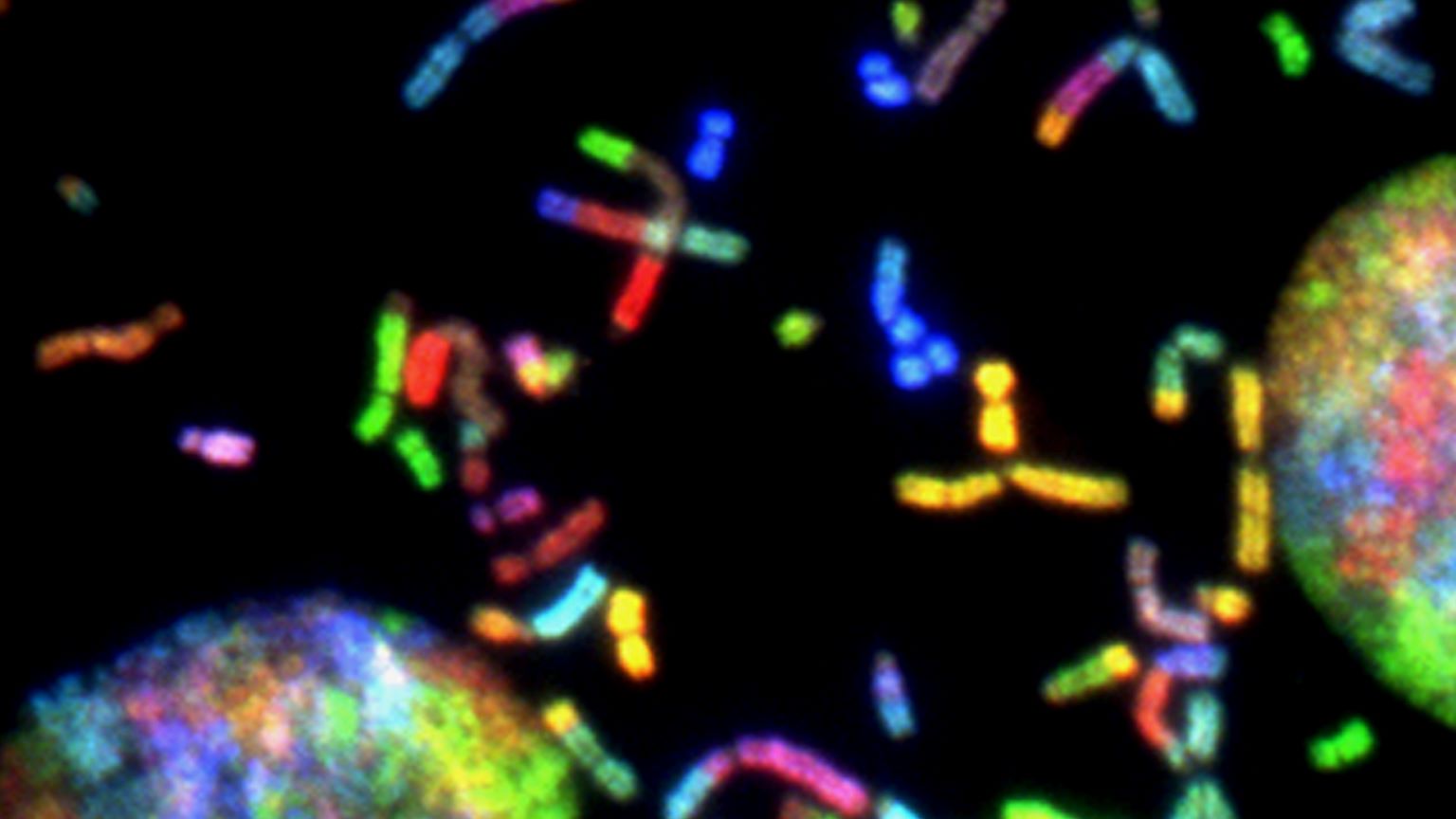We once thought the Moon was completely airless, but it turns out it has an atmosphere, after all. Even wilder: It has a tail of its own.
Search Results
You searched for: -%20-
Before we discovered gravitational waves, multi-messenger astronomy got its start with light and particles arriving from the same event.
Money can buy happiness — if you spend it on others, research suggests.
The German-American cartoonist introduced the idea that Santa Claus traveled with a sleigh and reindeer.
If you’re looking for work, a new study says having fast internet helps.
Even without the greatest individual scientist of all, every one of his great scientific advances would still have occurred. Eventually.
Venus has far more carbon dioxide in its atmosphere than Earth, which turned our sister planet into an inferno. But how did it get there?
More than 200 years ago, scientists tried to figure out how bats navigate in the dark (or without eyes). This set in motion a series of events that led to the development of ultrasound as a form of psychotherapy.
The great hope is that beyond the indirect, astrophysical evidence we have today, we’ll someday detect it directly. But what if we can’t?
Innovative thinking has done away with problems that long dogged the electric devices — and both scientists and environmentalists are excited about the possibilities.
The belief that lying is rampant in the digital age just doesn’t match the data.
There are two conceptions of free will: “straight” and “mixed.”
Did the Milky Way form by slowly accreting matter or by devouring its neighboring galaxies? At last, we’re uncovering our own history.
Some constants, like the speed of light, exist with no underlying explanation. How many “fundamental constants” does our Universe require?
A cartogram makes it easy to compare regional and national GDPs at a glance.
From textiles and transportation to chemicals and microchips, a group of researchers proposes a new way to measure the impact of innovation.
Realizing that matter and energy are quantized is important, but quantum particles aren’t the full story; quantum fields are needed, too.
How drugs, demons, and the search for immortality gave us words we use everyday.
The number of people with whom we interact is highest around 40, but then things change substantially after that.
If argumentation led to nothing, it would soon be thrown into the evolutionary dustbin.
Even some philosophers don’t think highly of philosophy, but we need it now more than ever.
For millennia, diamonds were the hardest known material, but they only rank at #7 on the current list. Can you guess which material is #1?
Sure, we’re warming now. But will this continue, or will natural factors change things? According to our best understanding of Earth’s climate, the global average temperature has increased significantly over the […]
Jupiter’s atmosphere is hotter than it should be, and now we know why.
Elevated blood pressure, even within the normal range, is associated with accelerated brain aging.
Pando, which is Latin for “I spread,” is a single organism spanning some 106 acres.
Cars are no longer just a way to get from A to B.
The Human Genome Project put together 92% of our DNA blueprint. Here’s what it took to complete the rest.
